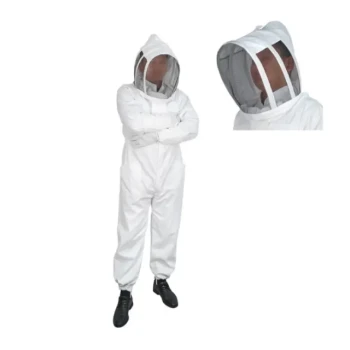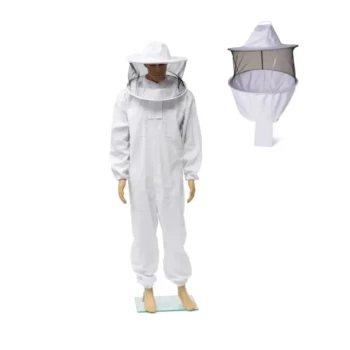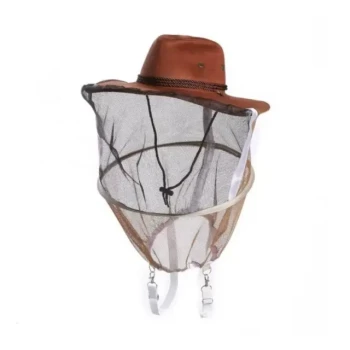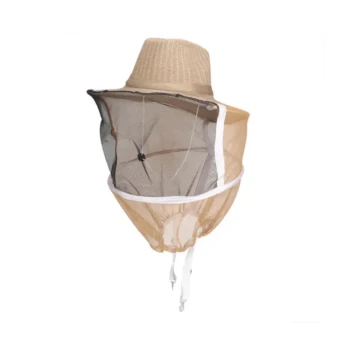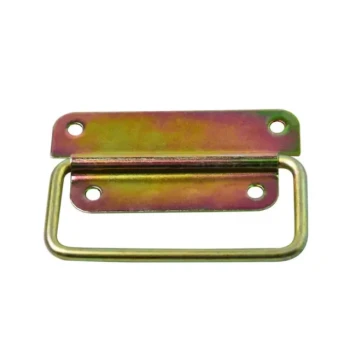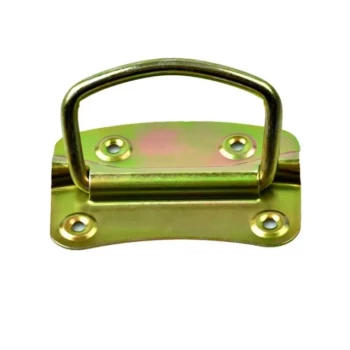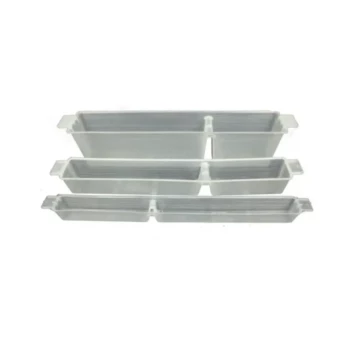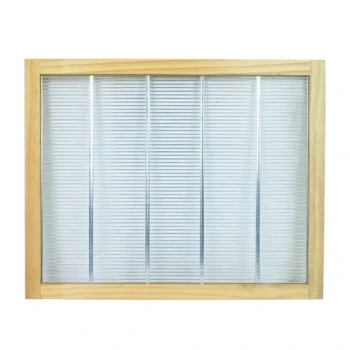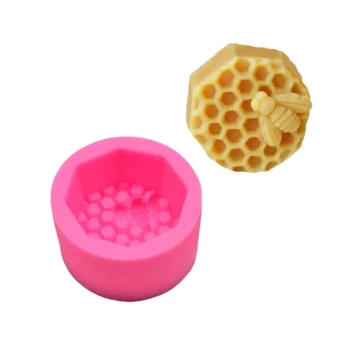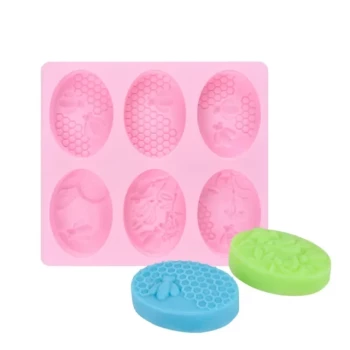Yes, eco-friendly and sustainable bee suits are available. As beekeepers work to support vital ecosystems, many are seeking gear that aligns with those values. Manufacturers are responding by exploring natural, recycled, and biodegradable materials, coupled with more ethical production methods, to meet this growing demand.
The core principle of a sustainable bee suit is not just the material it's made from, but its entire lifecycle. True eco-friendliness combines the use of renewable or recycled fabrics with high-quality construction that ensures longevity, ultimately reducing waste and long-term environmental impact.
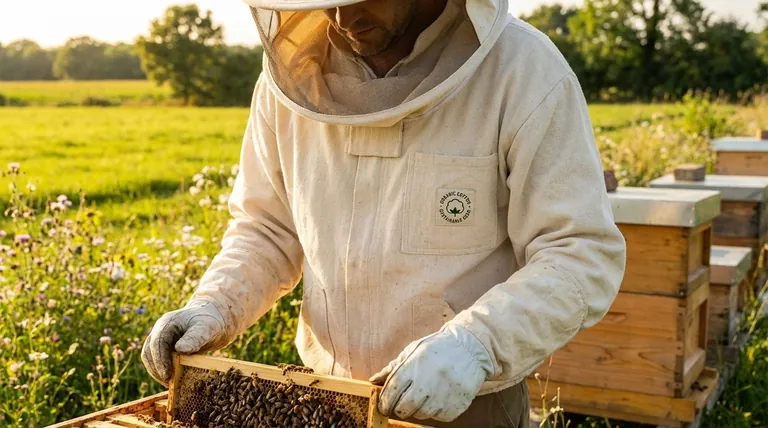
What Defines an "Eco-Friendly" Bee Suit?
The term "eco-friendly" can be vague. For a bee suit, sustainability is determined by three key factors: the source of the materials, the ethics of its production, and its overall durability.
The Material Matters Most
The fabric is the foundation of any bee suit. Organic cotton is a leading choice, as it is grown without synthetic pesticides and fertilizers, reducing its environmental footprint. It is also biodegradable at the end of its life.
Another option is the use of recycled materials, such as recycled polyester. This approach diverts plastic waste from landfills and requires less energy to produce than virgin polyester, though it is still a synthetic material.
Beyond the Fabric: Production and Processing
A truly sustainable product considers how it is made. This includes ethical labor practices, ensuring fair wages and safe working conditions for the people who craft the suits.
It also involves minimizing the use of harsh chemicals and excessive water during the dyeing and finishing processes, which can have a significant impact on local ecosystems.
Durability as a Form of Sustainability
Perhaps the most critical and often overlooked aspect of sustainability is durability. A bee suit that lasts for a decade is inherently more eco-friendly than one that needs replacing every two years, regardless of its material.
High-quality stitching, robust zippers, and a resilient veil all contribute to a longer lifespan, which is the most effective way to reduce consumption and waste.
Understanding the Trade-offs
Choosing a sustainable bee suit involves balancing different priorities. No single option is perfect, and understanding the compromises is key to making an informed decision.
Performance vs. Planet
Modern ventilated bee suits, often made from multi-layer synthetic mesh, offer superior airflow and sting protection. While highly effective, these materials are typically petroleum-based and not biodegradable.
Conversely, a 100% organic cotton suit is more sustainable from a material standpoint but may be heavier, hotter in warm climates, and potentially less sting-resistant than advanced synthetic blends.
The Challenge of Components
Even a suit made primarily from natural fibers has components that are not eco-friendly. Zippers, elastic cuffs, and the veil mesh are almost always made from synthetic materials like plastic and nylon for functional reasons.
Therefore, it is more practical to seek a suit that is mostly biodegradable or made from recycled content rather than expecting a 100% compostable product.
The Cost Factor
Sourcing certified organic materials and ensuring ethical production practices typically increases manufacturing costs. As a result, a genuinely sustainable bee suit often comes with a higher price tag than a conventional, mass-produced alternative.
How to Choose the Right Sustainable Suit
Your ideal choice depends on what aspect of sustainability is most important to you.
- If your primary focus is natural materials: Seek out bee suits made from GOTS-certified organic cotton or other plant-based fibers like hemp.
- If your primary focus is reducing waste: Prioritize suits made from recycled materials and, most importantly, invest in a high-quality product from a reputable brand known for its durability.
- If your primary focus is balancing performance and ethics: Look for companies that are transparent about their supply chain and labor practices, even if their suits use a blend of natural and synthetic materials.
Ultimately, choosing a sustainable bee suit means investing in gear that protects both you and the principles of environmental stewardship at the heart of beekeeping.
Summary Table:
| Sustainability Focus | Key Material/Feature | Main Benefit |
|---|---|---|
| Natural Materials | GOTS-Certified Organic Cotton | Biodegradable, reduced pesticide use |
| Waste Reduction | Recycled Polyester | Diverts plastic from landfills |
| Long-Term Value | High-Quality Construction | Enhanced durability, less frequent replacement |
Upgrade your apiary with gear that matches your values. HONESTBEE supplies durable, high-performance beekeeping supplies and equipment to commercial apiaries and beekeeping equipment distributors. Let us help you outfit your operation with reliable, long-lasting gear that supports both your business and sustainable practices. Contact our wholesale team today to discuss your needs!
Visual Guide
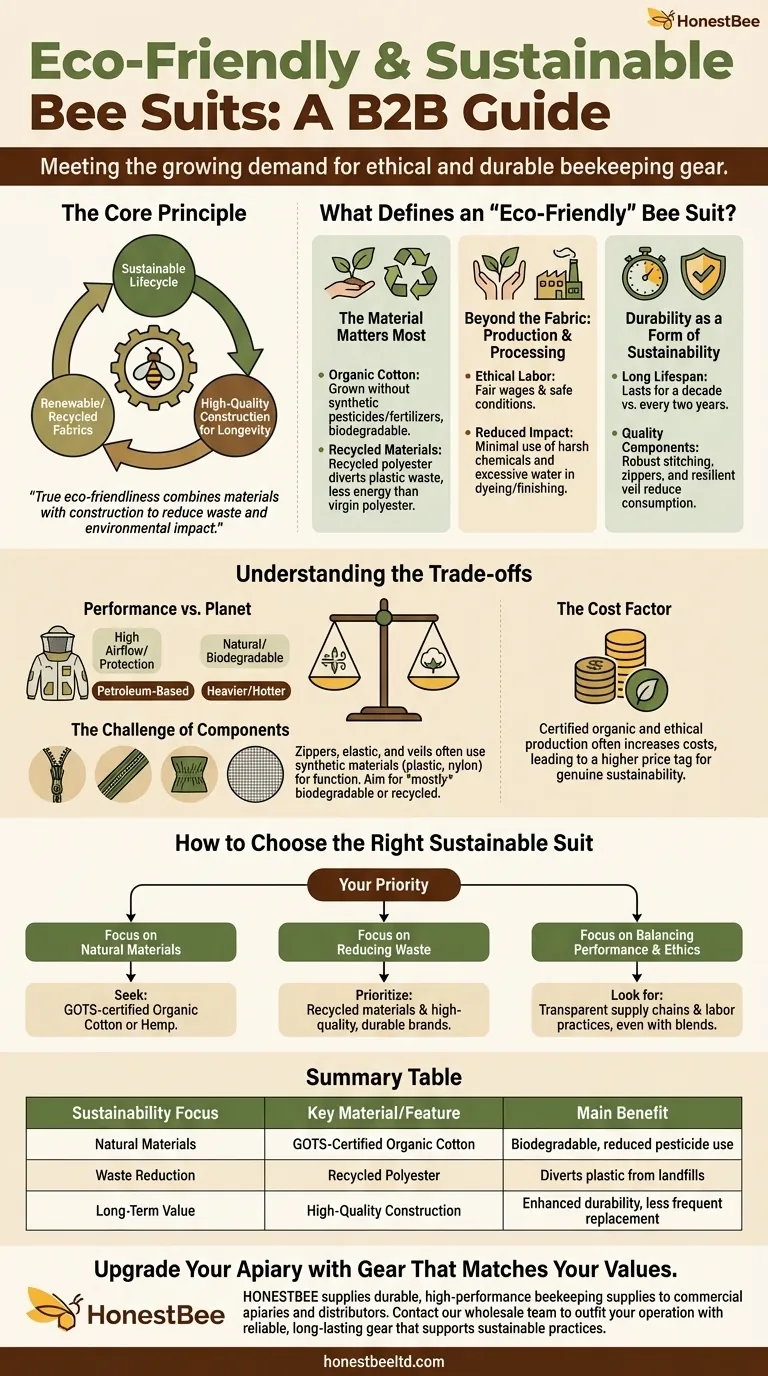
Related Products
- Premium Cotton Beekeeper Suit with Reinforced Fencing Veil
- Professional Cotton Beekeeper Suit with Round Veil Design for Commercial Apiaries
- Premium Cowboy Beekeeper Hat with Visibility Veil Outdoor Professional Beekeeping Protective Gear
- Professional Beekeeping Suit for Kids and Girls Childrens Bee Keeper Suit
- Beekeeper Cowboy Hat and Veil for Beekeeping
People Also Ask
- What accessories should be worn with a beekeeping suit? Complete Your Head-to-Toe Protection System
- What is the main decision new beekeepers face regarding protective wear? Full Suit vs. Jacket
- How can a beekeeper protect themselves from bee stings? A Guide to Gear, Technique, and Safety
- What are the benefits of beekeeping jackets? Achieve Optimal Protection and Comfort for Hive Inspections
- Why are beekeeping smokers and bee suits essential? Maximize Safety & Efficiency in Your Honey Harvesting Operations
- Can you harvest honey without a suit? The Truth About Beekeeping Risks
- Why is thick cotton fabric important in a beekeeping suit? Maximize Sting Protection & Durability
- How do protective consumables and site screening strategies mitigate pesticide impacts? Shield Your Bee Colonies Now
